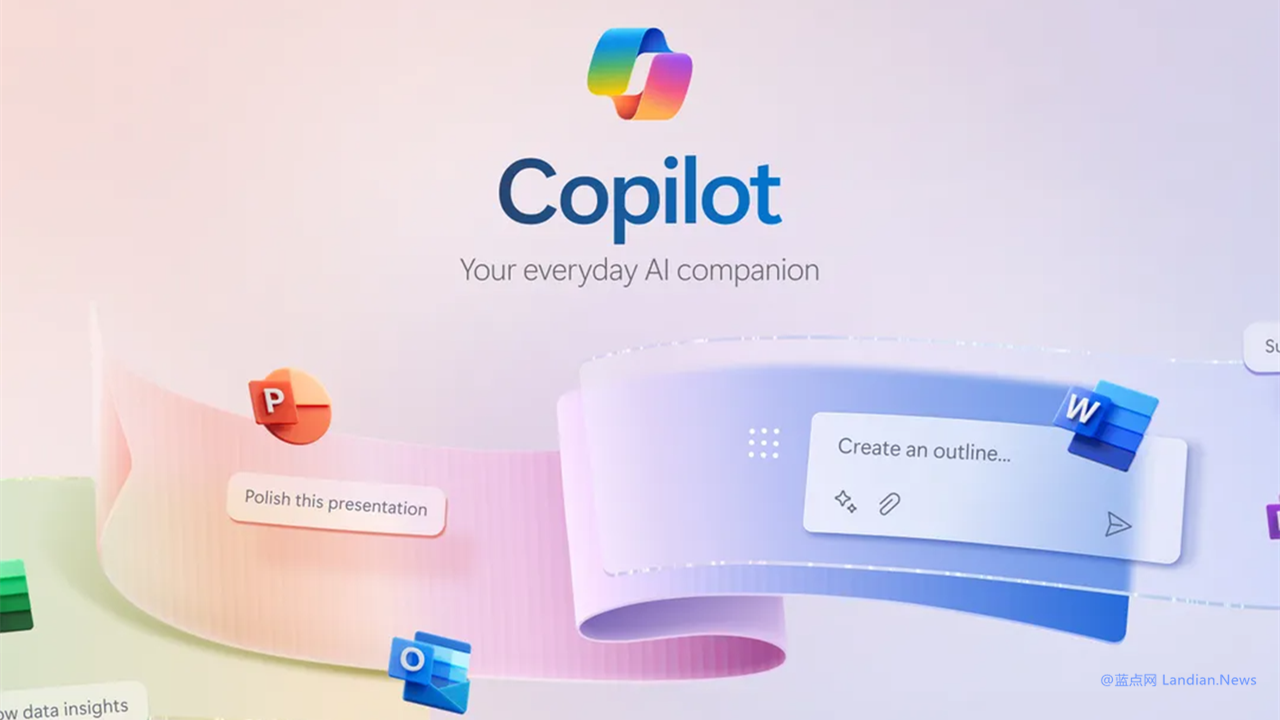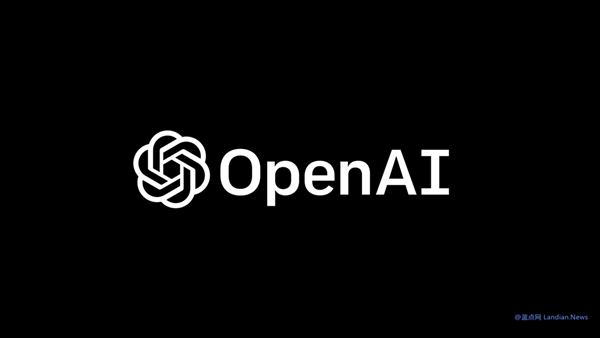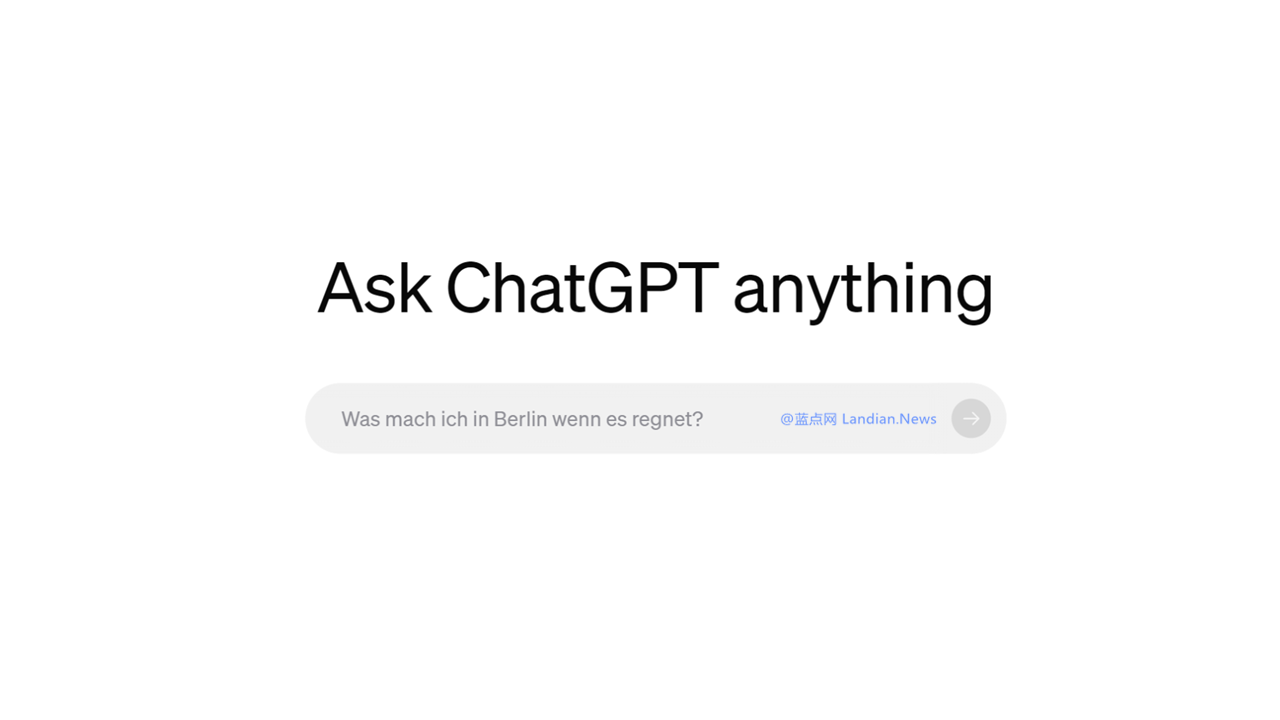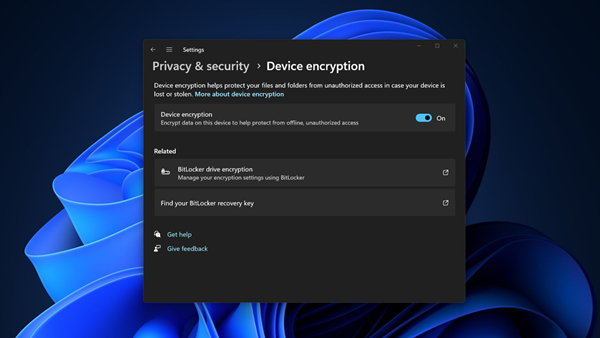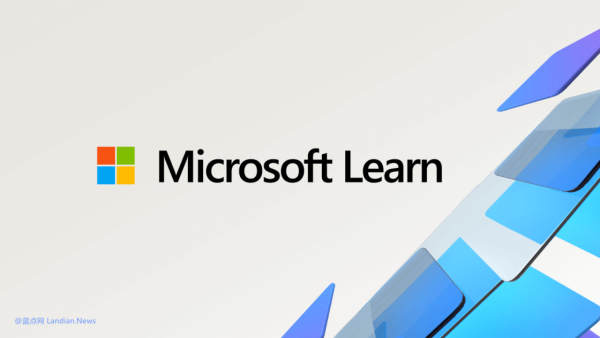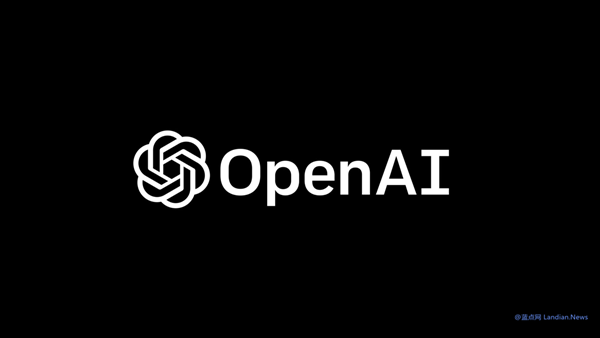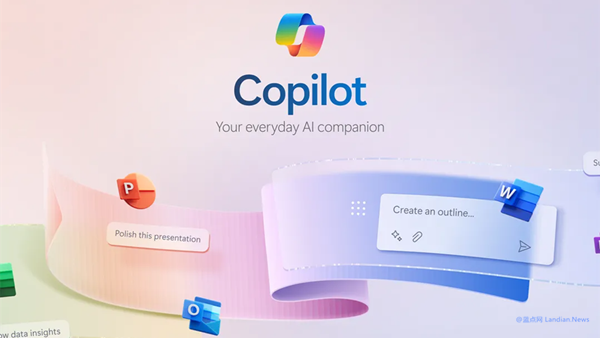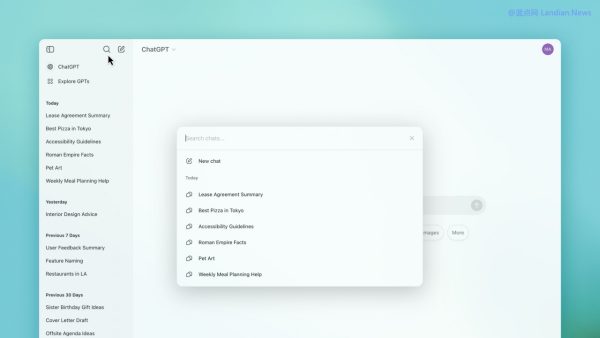Rapid Application Scenarios of AI: Microsoft Claims Real-Time Translation on Windows 11 Will Be Handled by Local NPU
In the era of rapid AI application, traditional translation functions are increasingly being replaced by artificial intelligence. For instance, at a recent launch event, Microsoft announced that the real-time translation feature in Windows 11 will be powered by the device's local Neural Processing Unit (NPU), rather than being processed by Microsoft or software developers.
Currently, real-time translation in applications such as video conferencing software and online video platforms require translation components. For example, Microsoft Teams relies on Microsoft's translation capabilities to automatically translate participants' speech into various languages, enabling listeners to understand in their native language.
These translation functions are provided by software developers (either developed in-house or through third-party services), but this is set to change. AI-driven real-time translation promises faster speeds and a better experience.
On Windows 11, software developers will not need to rely on third-party translation services. Future updates will allow them to handle real-time translation through the system's AI capabilities, provided the device is equipped with an NPU for AI local acceleration.
There are numerous benefits to processing with a local NPU. Local processing means that real-time translation can be incredibly fast, and since the content does not need to be sent to Microsoft's servers, privacy is enhanced. Additionally, local processing consumes less power than cloud-based translation, which could be particularly beneficial for laptops and hybrid devices.
Although not all devices currently feature an NPU, as time progresses and new devices are released, the use of AI-driven scenarios powered by NPUs is expected to increase.
